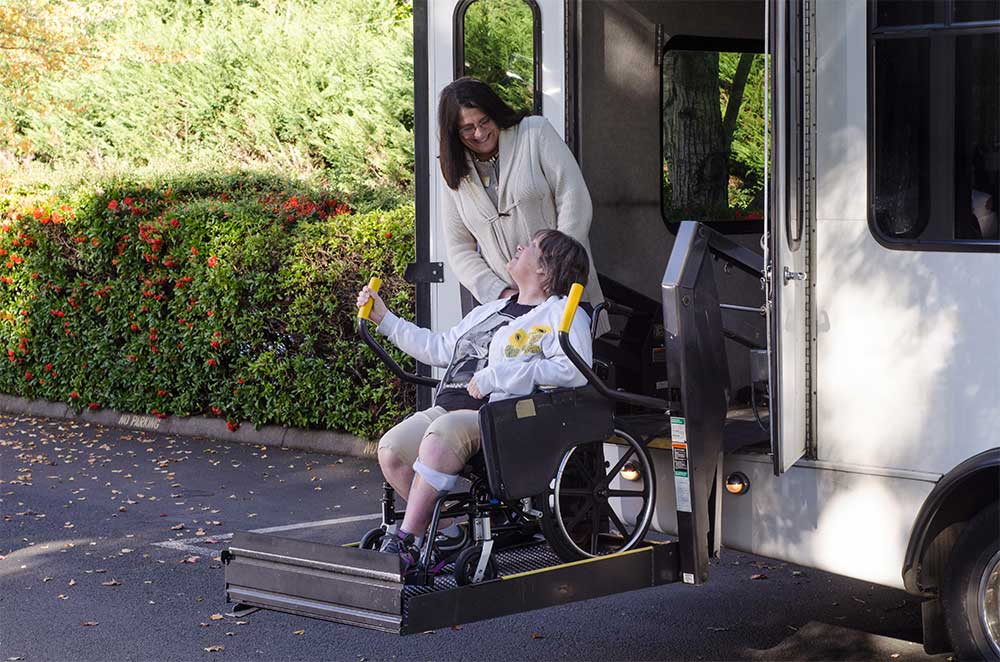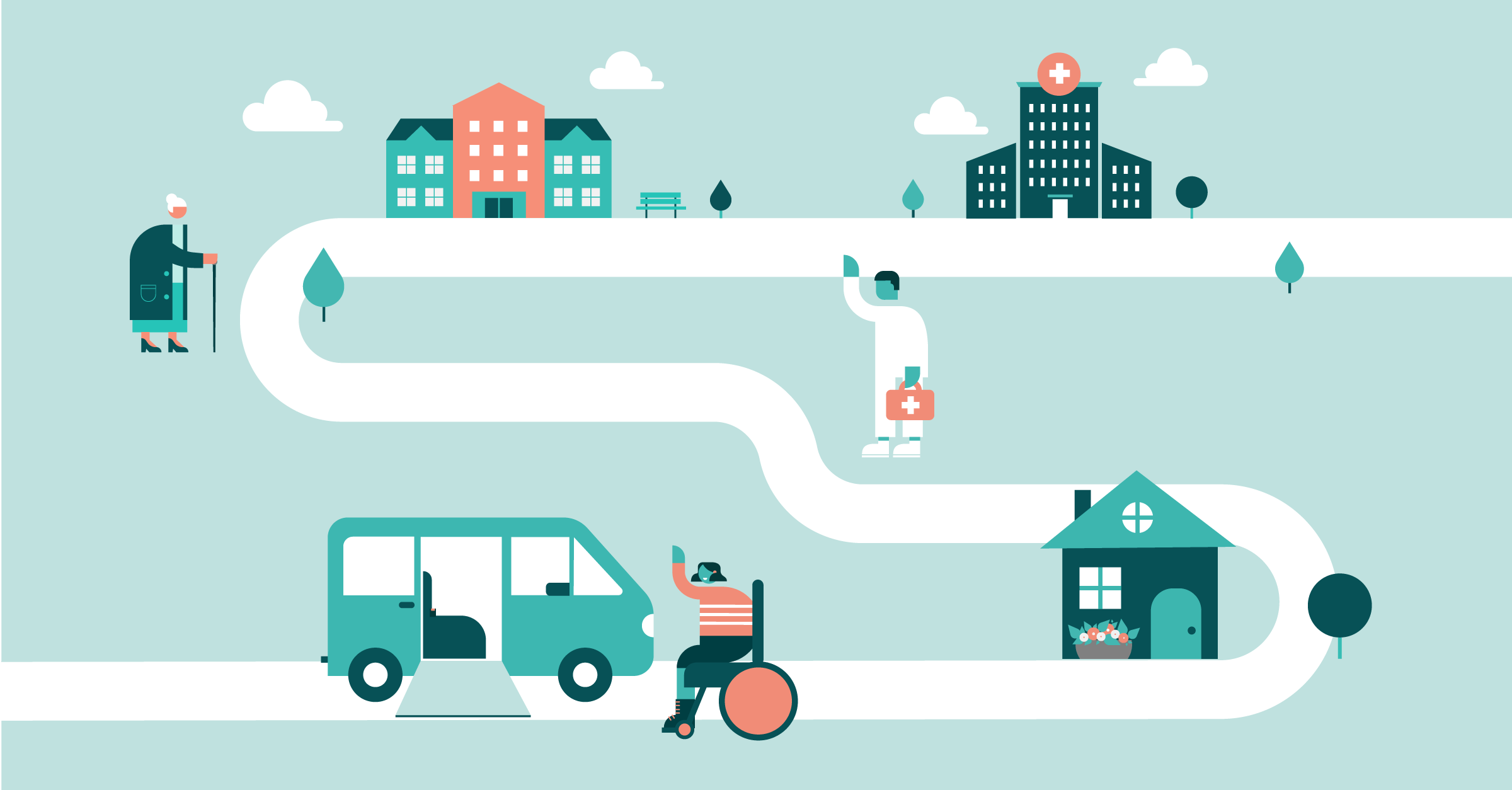Professional Medical Transportation: Prompt and Specialist Solution
Economical and Accessible Medical Transport Options for each Scenario
In the realm of healthcare, the ability to gain access to clinical solutions is extremely important, yet the challenge of budget-friendly and accessible transportation can commonly prevent people from receiving required care. By checking out customized medical transportation solutions, community transport programs, ride-sharing and taxi solutions, non-emergency clinical transport, as well as public transit and paratransit choices, individuals can find avenues that provide to their specific requirements and guarantee they receive the treatment they require.
Specialized Medical Transportation Solutions
Specialized clinical transportation solutions play an essential function in making sure risk-free and effective transport for people calling for specialized care throughout transportation. These services satisfy patients with unique clinical demands, such as those requiring continuous monitoring, specialized equipment, or clinical interventions throughout transport. By utilizing specifically equipped lorries and skilled medical workers, specialized medical transportation services make sure that patients obtain the required treatment while being delivered in between health care centers, residences, or other locations.
One secret facet of specific clinical transport solutions is the concentrate on patient convenience and security. Medical transportation groups are educated to take care of various medical problems and emergency situations that may occur during transit, providing a greater level of treatment than standard transport alternatives. Furthermore, these services usually supply door-to-door aid, decreasing the stress and anxiety and pain that clients may experience throughout transfers.
Area Transport Programs
Having actually dealt with the critical function of specialized medical transportation services in ensuring risk-free and reliable transportation for individuals with one-of-a-kind medical requirements, the emphasis now moves to examining Area Transport Programs - medical transportation. These programs play an important function in supplying cost effective and accessible transport solutions for the basic populace, including elders, individuals with specials needs, and low-income families that might deal with challenges in accessing typical transportation options
Community Transportation Programs include a variety of services such as fixed-route buses, paratransit services, volunteer motorist programs, and ridesharing campaigns. These programs are often funded by city governments, non-profit organizations, or private business to ensure that individuals have reputable transport alternatives to get to clinical visits, supermarket, social activities, and other vital destinations.
Ride-Sharing and Taxi Solutions

One of the vital benefits of ride-sharing and taxi solutions is their availability. These solutions run 24/7, permitting people to take a trip to clinical consultations, drug stores, or hospitals any time of the day. Furthermore, ride-sharing and taxi services deal with individuals with movement difficulties by supplying wheelchair-accessible vehicles upon request.
Furthermore, ride-sharing and taxi services can be particularly advantageous for individuals living in locations with restricted public transport choices. By bridging the void between home and healthcare centers, these services play an important role in ensuring that everybody has access to vital medical solutions.
Non-Emergency Medical Transport

Non-Emergency Medical Transport suppliers commonly utilize trained employees who are experienced in aiding people with varying you can try this out clinical needs (medical transportation). These experts ensure that people are safely transferred to their locations in a timely way, addressing any type of details demands or clinical equipment needed throughout the journey. By using door-to-door solution, Non-Emergency Medical Transport improves the total ease of access of health care for individuals who might otherwise have a hard time to participate in important medical consultations. In general, these services contribute considerably to boosting medical care outcomes by helping with the smooth transportation of clients to non-urgent medical facilities.
Public Transportation and Paratransit Options
Public transit and paratransit options supply important transport services for people with differing flexibility needs, making sure accessibility to essential locations such as clinical facilities and appointments. Public transportation systems, including buses, trains, and subways, provide an economical and commonly offered mode of transport for individuals looking for to reach medical visits. These services are especially advantageous for those that may not have accessibility to private lorries or require go to the website help as a result of wheelchair challenges.
Paratransit services provide particularly to people with impairments who are unable to utilize standard mass transit. These services use door-to-door transport, accommodating individuals with wheelchairs, pedestrians, or various other flexibility aids. Paratransit cars are furnished with attributes such as mobility device ramps and securement systems to guarantee the risk-free and comfy transport of passengers with varying movement requirements.

Final Thought
